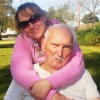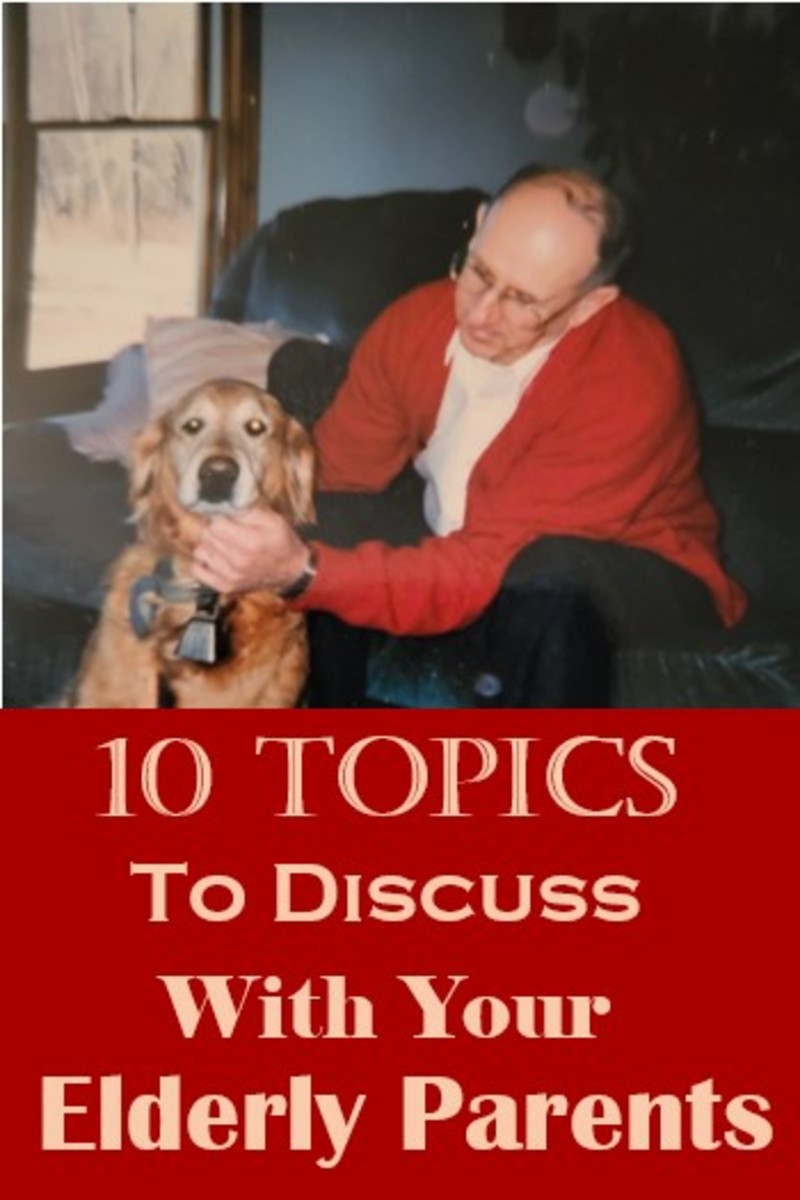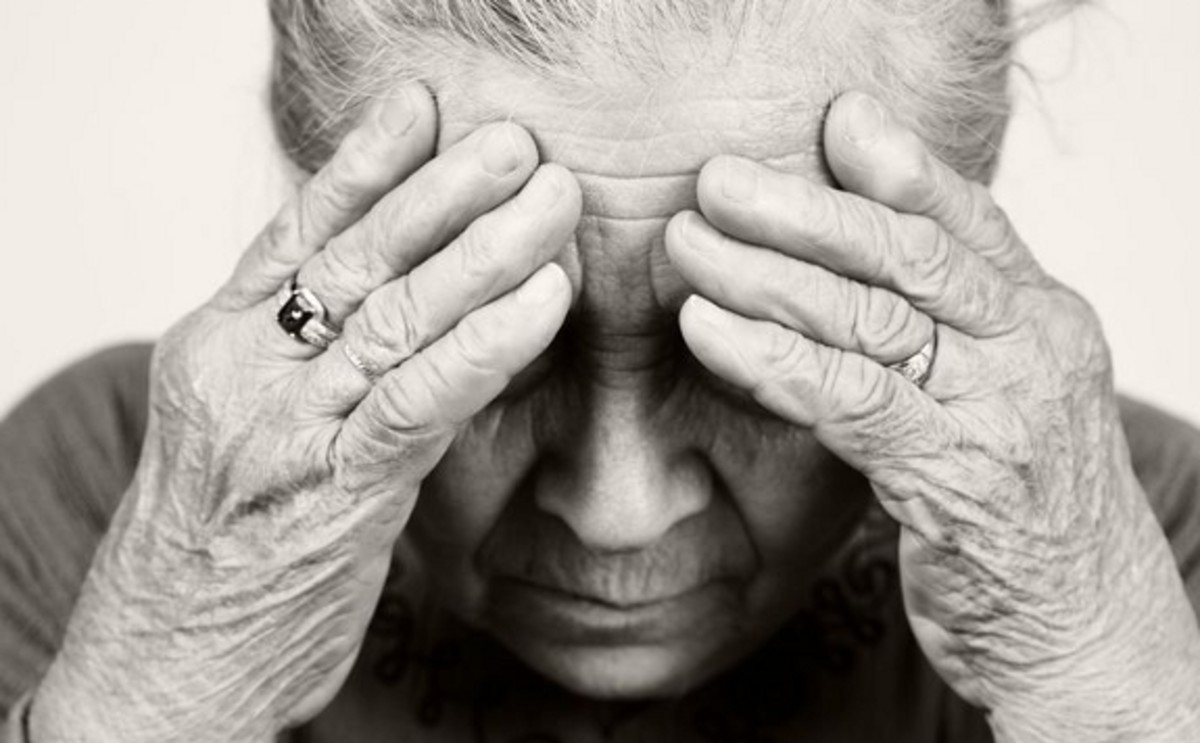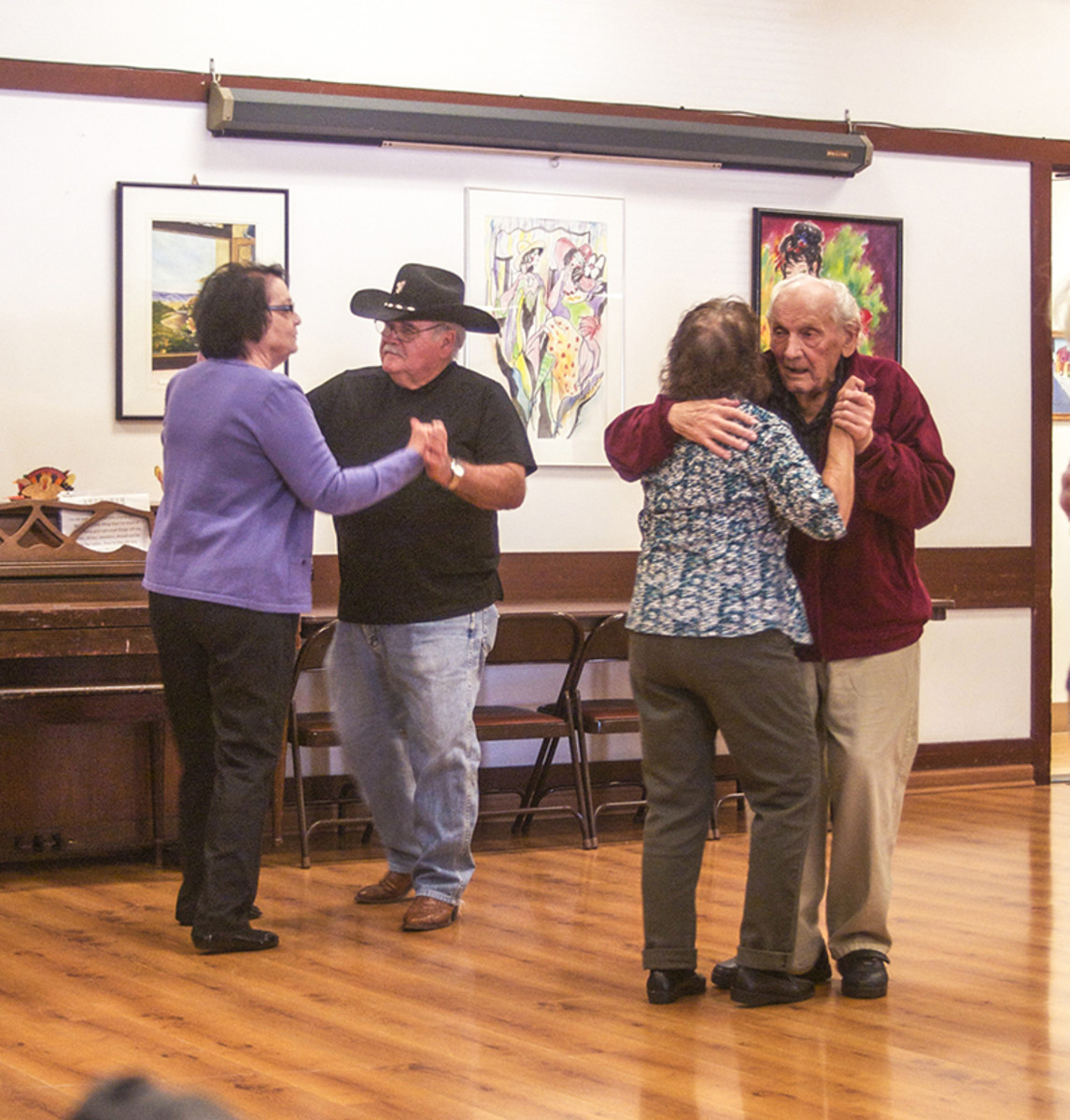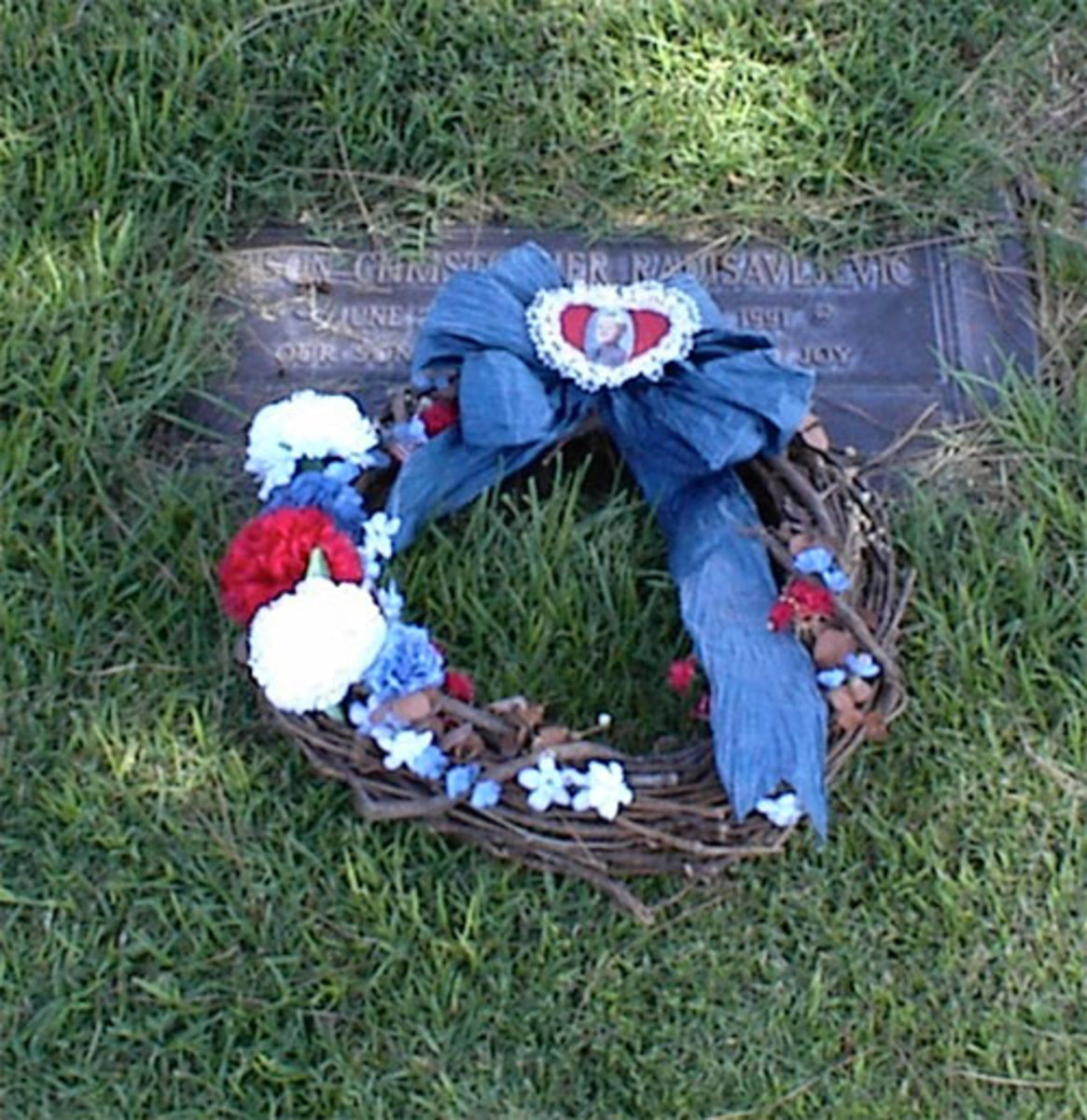The History & Advance of Advanced Medical Healthcare Directives - What Are They? Do I Need One? & Why?

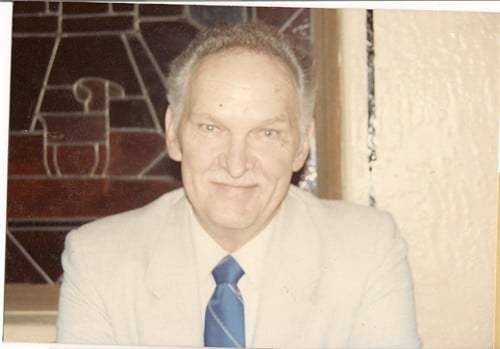
My Personal Experience
In late 2008, when my father was seventy-five years old, he was diagnosed as being in the very early stages of Alzheimer's disease. For the intelligent, rugged, health-conscious and fiercely independent man, who had after becoming a widower at the age of forty-three had raised two young daughters by himself and was now the grandfather to two teenagers and a new born granddaughter, this was a devastatingly difficult blow to take.
As 2009 dawned, perhaps believing that if he didn't acknowledge the diagnosis, it would simply just go away, my dad dove head first into denial, refusing to accept or even to admit that there was any sort of problem; but as the months wore on, and he began to accept his prognosis for what it was, he also began to think about the future, not only his, but the future of his loved ones.
An electrical engineer by trade, and as such, a deliberate and methodical problem solver, who had watched helplessly and in horror, as his young wife and mother of his two daughters, rapidly declined and then died while suffering through the aggressive cancer treatment protocols of the late 1970's, he knew that there were some things that he did, or did not wish to endure, or in some cases ask his children, grandchildren or friends to endure. He eventually came to the conclusion that it was necessary, not only for his benefit, but for the benefit of the family that he loved, that he find a way to communicate to everyone exactly what his specific wishes were concerning his medical care once he was no longer able to make these decisions or speak for himself.
In early 2009, while he was still of sound mind, he went to see his lawyer, and together they drafted a Living Trust.
Included within my father's Living Trust, there is an Advanced Health Care Directive, which spells out in detail, my father's exact wishes as to what his desires are concerning his care should he no longer be capable of making or voicing that decision himself.
With his Advanced Health Care Directive my father has laid out all of his wishes regarding his long term health care, appointed a person to serve as his voice and to act on his behalf, should the time come when he is not able to do so himself, and a back-up person should his original appointee, (in this case me) be unable to, or unwilling to carry out his wishes. In doing so, he has given us the peace of mind that should it become necessary for us to make those tough decisions, we will be able to do so without hesitation, and he has left my sister and I with no wriggle room for debate, or argument.
What Is An Advanced Health Care Directive?
Definition: An Advanced Health Care Directive is a legal document that gives specific instructions by an individual regarding what actions should be taken for their health in the event that the individual is either too ill or incapacitated to give informed consent or denial of treatment and also appoints a person to make these decisions and speak on their behalf.
An Advanced Health Care Directive May Also Be Known By One of The Following Titles:
- A Living Will
- Personal Directive
- Advanced Directive
- Advanced Decision
The current generation of the advanced health care directive was created in the wake of growing concern over advances in medical science, and its use in sustaining life within a vegetative state, long after the attending physician has determined that there is no hope, in a growing interest in people's right to die with dignity, and in the growing awareness of the rising cost of long-term care, and it's negative effects on both the patient and his or her family.
The Living Will
The earliest form of an advanced medical care directive was first proposed in a law journal in 1969 by Luis Kutner, an Illinois attorney, who based his proposal off of the estate laws of the time, which allowed an individual to control what happened to their properties after death. Intended for use while the individual was still alive, it was called a Living Will.
As An Advanced Medical Directive a Living Will May ;
- provide specific directives to be followed by health care professionals or a caregiver
- forbid the use of some types of burdensome medical treatment
- express wishes concerning the foregoing of food and water when delivered via tube or other medical devices
- express wishes concerning analgesics (painkillers) and antibiotics
- express wishes concerning ventilators, CPR (cardiopulmonary resuscitation) and other means of heroic life-support. If the individual is against these measures as a means to sustaining their life, this is known as a DNR (Do Not Resuscitate) Order.
A living will can only be executed if and when the attending physician determines that the patient has become so incapacitated by illness or mental condition that he or she is unable to give informed consent or denial.
This first generation of advanced health care directives proved to be very popular, but still as with anything, the test of time found flaws in its system that were deemed correctable by a second generation of advanced health care directives.
Durable Power Of Attorney & Health Care Proxy
The second generation of advanced health care directives came along as an attempt to address the issues found in the first generation. Just as its predecessor was based on estate laws, this generation, known as a durable power of attorney, or as a health care proxy, found it's basis in business law.
The ability to appoint a durable power of attorney, or a proxy, to speak for oneself in business or legal matters has existed since before the birth of our country, and when speaking in terms of the advanced health care directive, it is pretty much an extension of that existing law.
The main advantage of having a durable power of attorney for health care, or a health care proxy, is that it allows the individual to appoint, or to name, a person to make real-time health care decisions, for that individual regarding medical decisions that may not have been covered in a living will, or that may not have been previously anticipated.
This second generation of advanced health care directive, was eagerly and quickly accepted by the American public, but just as had happened with the first generation, eventually it was found to have some flaws that needed to be addressed; which of course led to the third generation of the advanced health care directive.
3rd Generation Advanced Health Care Directives
The third generation of advanced health care directives came in the late 1980’s, and was designed to fill the public need for a more value's based document.
In 1988, the Georgetown University School of Medicine, created the first of these directives, a two part document known as the Values History by Doukas and McCullough. The Values history seeks to answer all of the earlier versions of the advanced health care directive, but also attempts to aid the physicians, families, friends and caretakers of the individual in better understanding of the individuals desires, therefore allowing for better fulfillment of the patients wishes. This document does so by switching attention away from the specific treatments or medical procedures and focusing instead on the individuals values and beliefs concerning treatment of terminal illness, long term care, and the right to die.
Other Values Based Projects Include;
- a project of the Institute of Public Law, University of New Mexico School of Law which was later published by Lambert, Gibson and Nathanson in 1990, and which is still available today via the Hospice and Palliative Care Federation
- the six page * "Medical Directive", created by Emanuel and Emanuel of Massachusetts General Hospital and Harvard Medical School, which provided six case scenarios based on a roster of commonly considered medical procedures and interventions to help individuals to decide in advance, which treatments are or are not wanted under certain circumstances.
- "The Five Wishes" , a collaborative work of multiple experts that was funded by the Robert Johnson Wood Foundation, distributed by the Aging with Dignity organization, has been endorsed by Mother Teresa of the Sisters of Calcutta, and by the Chief Justice of the Florida State Supreme Court, and meets the statutory criteria in 42 states. It is probably the best known and most popular of the third generation advanced medical directives.
- "The Lifecare Advanced Directive," created by researchers who reviewed more than 6,500 articles from medical, legal, sociological, and theological sources, concluding that advanced health care directives should be more centered on the "health outcome states" than on rosters of medical treatments, or legal jargon. It was tested on nearly 1,000 subjects against the more popular forms, and the results showed greater accuracy in the decision making process.
Who Needs An Advanced Medical Directive and Why?
In recent history, one need only look to the case of Teri Schivao, a 26 year old Florida resident, who having suffered a heart attack which caused the irreversible brain damage that left the young woman in a permanent vegetative state, and left her husband and parents in a well-publicized seven year court battle over whether or not to end life-support, to see why it is this writer's opinion that just about everyone over the age of eighteen, especially those who are raising young children, should have, or should at least be thinking about creating some sort of an advanced health care directive. However, I believe it is of critical importance to our senior population, ( aged 65 and over ). The statistics speak for themselves;
The CDC (Center for Disease Control ), AARP (American Association of Retired Persons ), and the CMS (Centers for Medicare and Medical Services) report that between 2003 and 2006, 13 percent of our population was age 65 or over. Of that 13 percent, roughly 7 percent were age 65 - 74, while 4 percent were age 75 - 84. It was reported in 2008 that for the year of 2007, (1) roughly 1, 368, 230 of that thirteen percent were residents in an extended care or nursing facility.
Current estimates are that approximately 1.5 million Americans live in a nursing home, while 22 percent of people age 65 or older had a nursing home or extended care facility stay in 2006.
By all accounts, as the Baby Boomer generation continues to mature, medical technology in the field of prolonging life, continues to advance, and debilitating chronic diseases such as Alzheimer's disease, continue without a cure, these numbers will continue to rise.
Of the thirteen percent of our population, aged 65 or over, it is estimated that only (2) 25 - 41 percent of these patients have any type of an advanced health care directive specifying their wishes, or naming someone to speak on their behalf should they become incapacitated and be unable to speak for themselves, thus leaving them vulnerable to among other things, receiving treatment to prolong their life in a vegetative state, or when the diagnosis for a terminal patient has been deemed incurable.
Lack of an advanced health care directive can also leave the patient’s spouse or family to experience the weight of trying to make these decisions on the individual's behalf, without really knowing what the desires of that individual are. This can lead to fractures and irreparable damage to family unity, depression brought upon by the guilt of wondering if they made the right decision, (3) and caregiver burnout, in which the family member or spouse, so focused on the care of the patient, neglects their own health and well being, and the (4) financial burden of caring for a loved one who is in need of long-term round the clock nursing or who is in a permanent vegetative state.
(*1) These numbers are approximate as not all facilities are surveyed every year by all states, and this number does not include uncertified beds
(*2) These numbers are even higher among Hispanic and African American populations, as well as low-income groups.
(*3)Many Family Caregivers experience declining health due to lack of attention to their own health in the wake of caring for the terminal or long-term patient in need of specialized or round the clock nursing. Some of these caregivers even die before the person that they are caring for.
(*4)The cost of being a Family Caregiver, continues to rise, and 41% of all Family Caregivers report having to leave their jobs, or a loss of income due to their position as a caregiver.
© 2011 Kristen Burns-Darling
